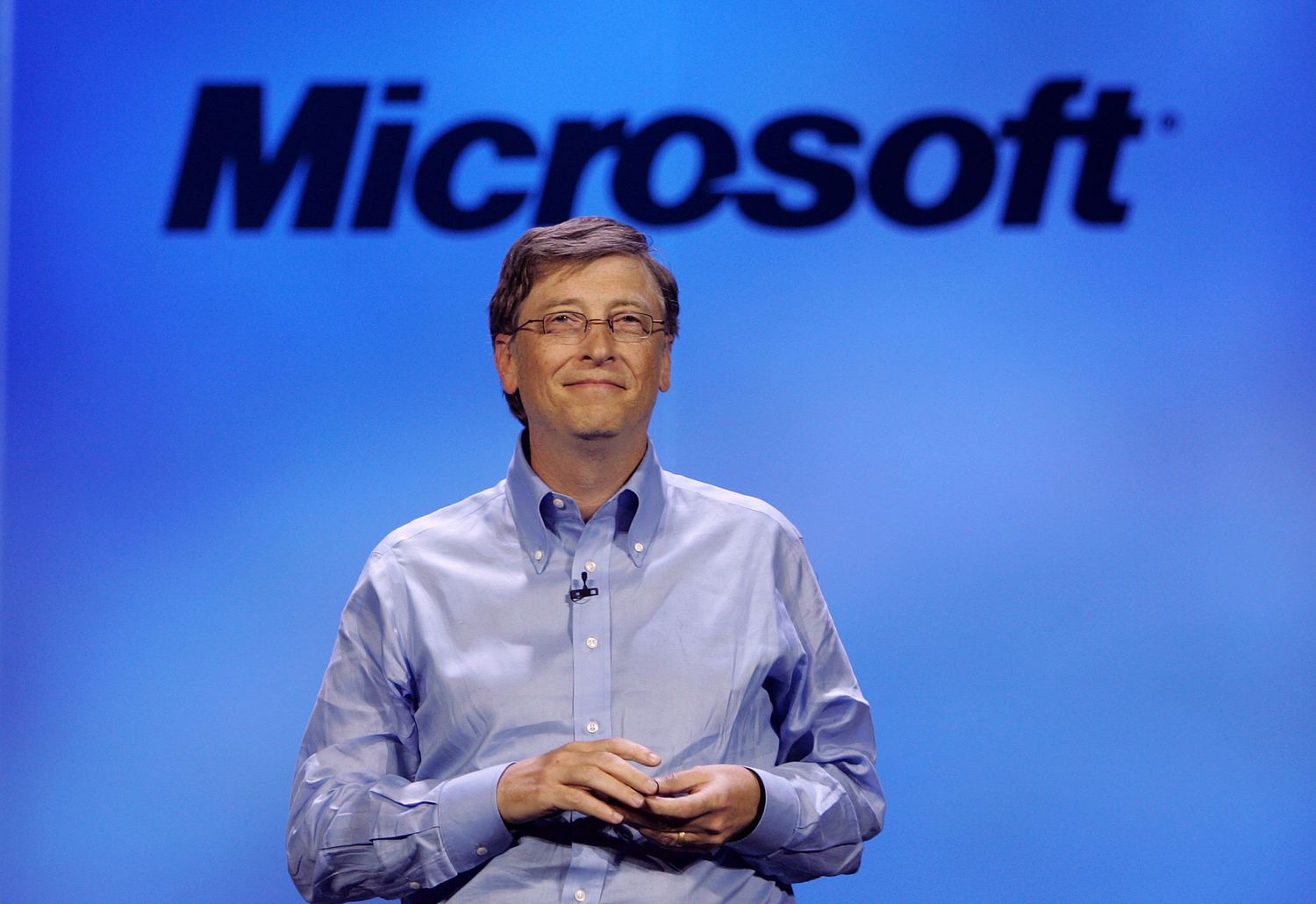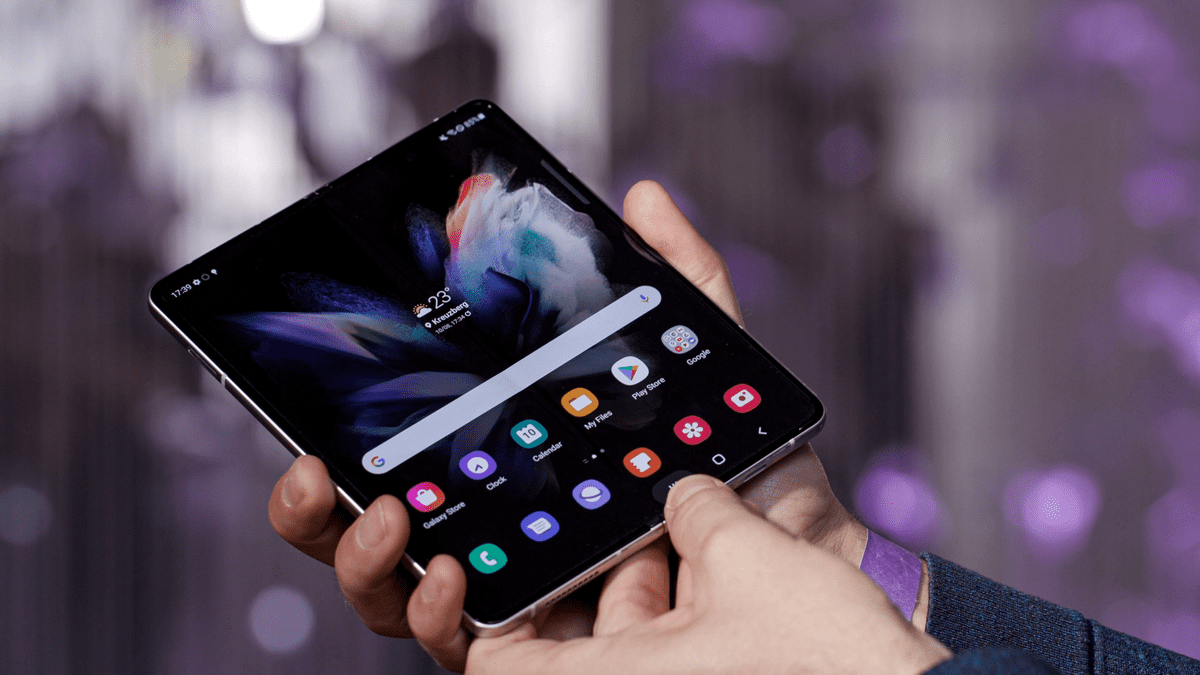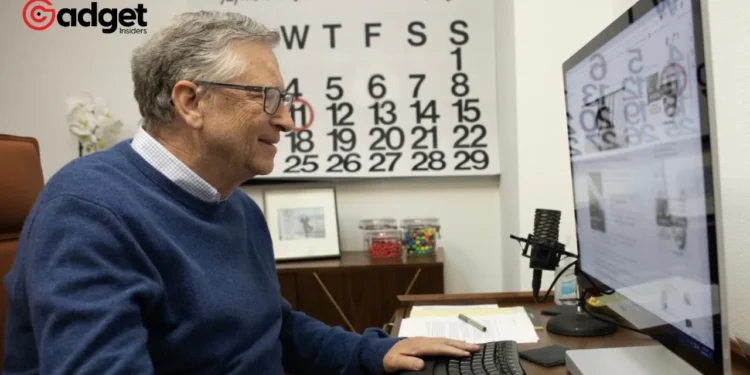In an era where digital devices are as ubiquitous as the air we breathe, the question of when to introduce our youngest generation to the world of smartphones has become a burning issue for parents worldwide. Tech magnate Bill Gates recently weighed in on this debate, sharing his personal choice and shedding light on what many consider the ‘safest’ age for this digital rite of passage.

Navigating the Digital Dilemma
The conversation around children and screen time is not new, but it has taken on new dimensions with the advent of smartphones. These devices, capable of connecting us to the world in just a few taps, also open up a Pandora’s box of concerns for parents.
The issue at hand isn’t just about screen time; it’s about when a child should be entrusted with their own portal to the digital world.
Bill Gates, a figure whose opinions on technology are highly revered, has finally disclosed his stance on this matter. Bill Gates, whose own children have grown past the contentious ages of digital discovery, opted to introduce them to cell phones at the age of 14.
This decision, though seemingly stringent to some, aligns with data suggesting that early adolescence marks a fitting time for children to handle the responsibilities that come with owning a smartphone.
Bill Gates Blueprint for Digital Parenting
In an age where the average child receives their first smartphone at the tender age of 10.3 years, according to a Kids & Tech report, Bill Gates’ approach might seem conservative. Yet, it is underpinned by a blend of wisdom and caution—a formula that seems to resonate with experts.
The University of Birmingham underscores the lack of a “magic age,” recommending early adolescence as a balanced target, ideally around the time children step into secondary or high school.
🎉 Exciting News: @BillGates applauds @OpenAI's ChatGPT-4 for its language prowess! Foreseeing impacts on education and healthcare, from code support to health advice. It's more than a tool! #ChatGPT4 #AIInnovation https://t.co/ATcz2SgZOp
— Tech Innovate (@AiTechInnovate) March 5, 2024
Bill Gates’ parenting style extends beyond the mere timing of cellphone ownership. He implemented rules to ensure that these powerful devices did not dominate his children’s lives. For instance, cell phones were banned from the dinner table, a rule aiming to preserve family time and conversation.
Additionally, the usage of these devices was restricted to homework and studying, with leisure activities like video gaming closely monitored to prevent addiction.
Interestingly, Bill Gates also infused his technological rivalry into parenting, prohibiting the use of Apple products in his household—a nod to his competitive relationship with Apple’s Steve Jobs. This decision not only reflects Bill Gates’ personal biases but also highlights the broader theme of tech leaders imposing strict digital boundaries for their offspring.
A Lesson from Tech Titans
The stance taken by Bill Gates is not an isolated one in the tech community. Other luminaries like Apple’s Steve Jobs and Snapchat’s Evan Spiegel have similarly imposed restrictions on their children’s use of technology.
Jobs famously limited his children’s access to the iPad, while Spiegel caps his kids’ screen time to a scant hour and a half per week.

These choices underscore a profound acknowledgment by those who stand at the forefront of technological innovation: the importance of safeguarding our children’s mental and emotional well-being in the digital age. As these devices continue to evolve, so too does the understanding of their impact on young minds.
Moving Forward
The discourse on the appropriate age for smartphone ownership is far from settled, but the insights offered by Bill Gates provide a valuable framework for parents navigating this digital quandary. As we ponder the balance between connectivity and childhood, it’s clear that the answer lies not in a specific age but in a thoughtful approach to digital parenting.
In guiding our children through the digital landscape, perhaps the safest path is one marked by caution, awareness, and a keen sense of timing.










